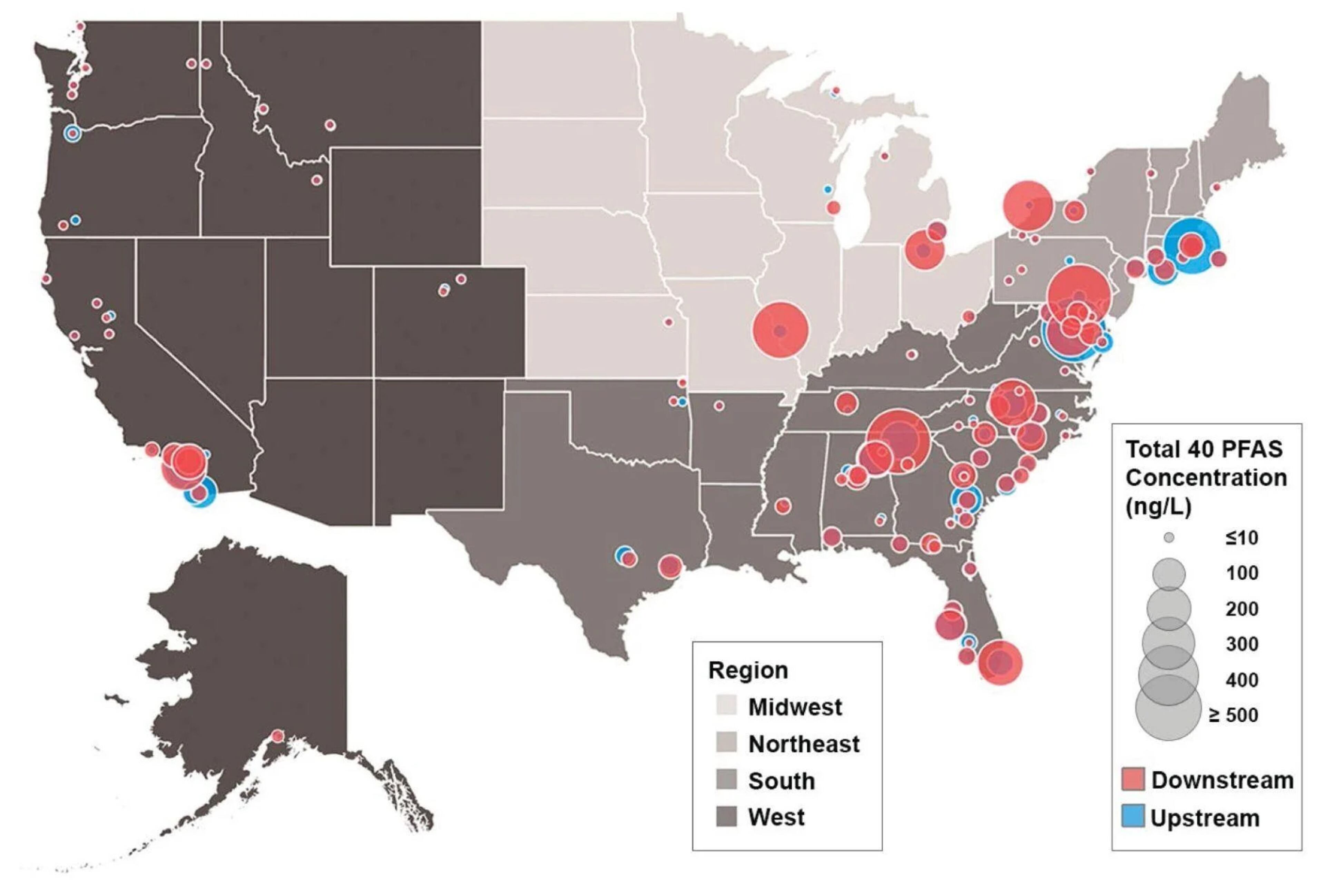Emory seeks Rome, Calhoun residents for PFAS exposure study

Researchers with Emory University are seeking Rome and Calhoun residents for a test to gauge exposure to the PFAS family of chemicals.
As part of the study, scientists will collect blood samples from adult volunteers who have lived in the study area for at least three years and who currently live here.
“We plan to enroll approximately 100 participants in the Rome area and 100 in the Calhoun area. But we hope to have more than 200 respondents fill out the interest form to allow us to enroll a diverse group of participants,” Noah Scovronick, assistant professor of environmental health at Emory University’s Rollins School of Public Health, said.

The issue is that the PFAS family of chemicals don’t break down readily in the environment or in the human body and for decades carpet companies upstream have essentially dumped the chemicals into the Conasauga River, which is a feeder river for the Oostanaula River.
In 2016, Rome switched its water intakes to the Etowah River as well as instituting additional activated carbon filtration systems. Rome is currently in the planning stages of constructing a new water filtration facility on Riverside Parkway which would completely remove the chemicals as water is pulled from the river.
While area residents have the potential to be exposed to the family of chemicals through drinking water or eating fish taken from local waterways, those aren’t the only potential sources of exposure, according to the Georgia Department of Public Health.
The chemicals are found in certain types of non-stick cookware, like Teflon, as well as grease resistant food packaging also contain the chemicals. Another method of transmission is also through use of paints or stain resistant treatments that contain the chemicals.
The hope is to assess local exposure to per- and polyfluoroalkyl substances, called forever chemicals. The researchers will also collect water samples from tap and surface waters for PFAS analysis.
“The primary goal is to determine the blood levels of PFAS in our study participants and compare it with the general population of the U.S., but we will also explore possible differences between groups,” Scovronick said. “Exposure levels can vary across people and across groups.”
The results of the PFAS testing will be shared with individual participants and a summary of the study data will be shared with the communities.
Once those results are in, they’ll determine the next steps.
“Next steps will be determined after consultation with community leaders and residents,” Scovronick said in an email. “If we do not detect elevated exposures or if the community is not interested in further study, there is the potential that this is the extent of our work.”
However, depending on the study results, they may determine further investigation is merited.
“If elevated exposures are detected and the community is interested in learning more, we could potentially expand the study to include more people and/or to assess possible exposure sources, evaluate interventions or to investigate potential links to adverse health outcomes,” he said. “As of now, no decision has been made about next steps.”
If you are interested in participating in the study, please complete the form at https://tinyurl.com/ngapfas. Those with additional questions can email NGaPFAS@emory.edu.

MEET OUR PARTNER
This story is published via a content-sharing agreement between the AJC and the Rome News-Tribune. Visit them online at northwestgeorgianews.com.
If you have any feedback or questions about our partnerships, you can contact Senior Manager of Partnerships Nicole Williams via email at nicole.williams@ajc.com.


